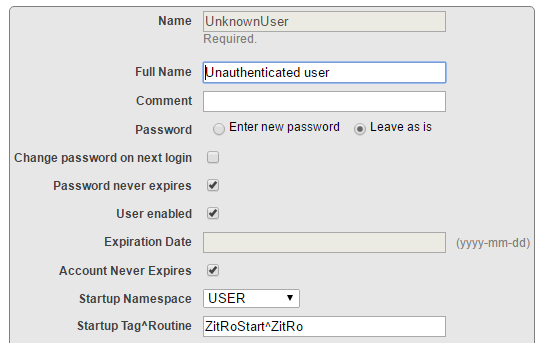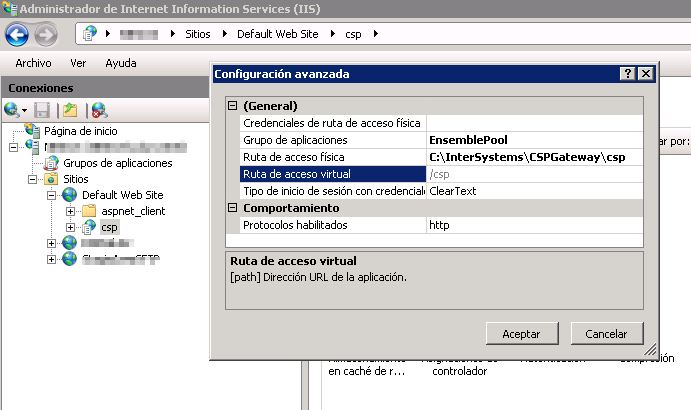Just curious how many companies use in their work Docker containers, I mean not only with InterSystems products. And if such companies exist, which of them uses docker and doesn't use it for InterSystems products by some reasons. What are the reasons? For companies which already uses InterSystems in containers, how do you use it? Development environment, testing or even in production ?
And if you don't use but thought about it, what are the reasons which stop you.
As for me, I've been using InterSystems Caché inside a Docker container in some different cases:


.png)
.png)
.png)
